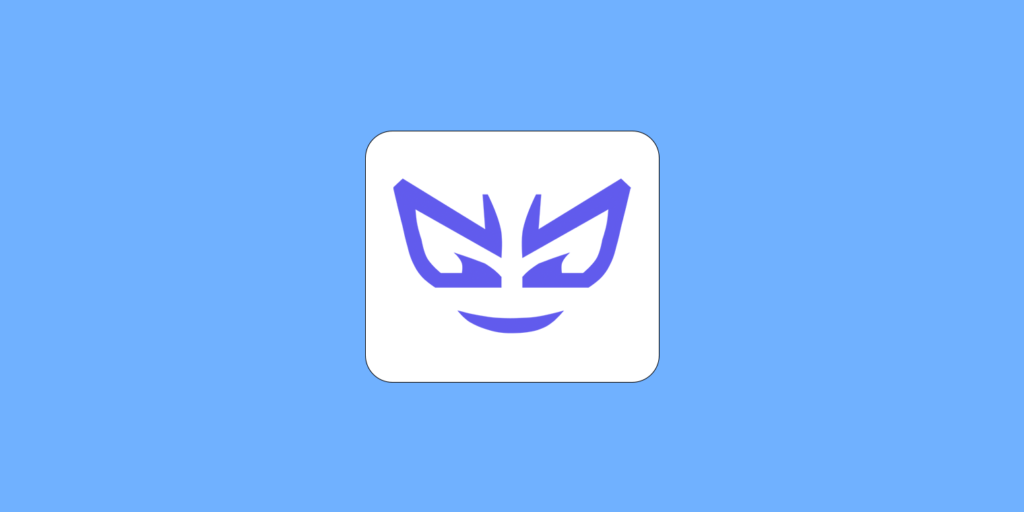
Introduction
The world of indie game development has never been more accessible, thanks to the proliferation of online game stores that provide a platform for developers to showcase and sell their creations. From industry giants like Steam to emerging players, each store offers a unique set of features, costs, and benefits. In this comprehensive article, we will delve into the major online game stores available to indie game developers. We will break down each platform, assess its costs, overhead, advantages, disadvantages, ease of use, and more, to help you make an informed decision about the best store for your game.
1. Steam
Costs:
- Steam Direct: A one-time fee of $100 is required to publish a game on Steam. This fee helps curb low-quality submissions.
- Revenue Split: A typical revenue split is 70% to the developer and 30% to Steam. However, this can vary based on sales volume.
Advantages:
- User Base: Steam boasts a massive user base, providing great exposure to your game.
- Community Features: Steam offers forums, reviews, and community hubs that foster player engagement and feedback.
- Steamworks SDK: Developers can access tools like anti-piracy measures, multiplayer functionality, and achievements through the Steamworks SDK.
Disadvantages:
- Saturation: The sheer number of games on Steam can make visibility challenging.
- Approval Process: Though easier than before, the approval process can still take time.
Ease of Use:
- Steam’s developer tools and documentation are comprehensive, making the process relatively user-friendly.
2. Epic Games Store
Costs:
- Revenue Split: Developers receive 88% of the revenue, while Epic takes 12%.
- Unreal Engine Integration: If you use Unreal Engine, the 5% engine royalty fee is waived on sales made through the Epic Games Store.
Advantages:
- Higher Revenue Share: The developer-friendly revenue split can be enticing for smaller studios.
- Free Games Promotion: Epic often gives away free games, which can attract more users to your storefront.
- Exclusive Deals: Epic sometimes offers funding for exclusivity deals, providing additional financial support to developers.
Disadvantages:
- Smaller User Base: While growing, Epic Games Store’s user base is smaller compared to Steam.
- Features: The store’s feature set is evolving and might not be as robust as Steam’s.
Ease of Use:
- Developers familiar with Unreal Engine may find integration easier due to Epic’s seamless integration.
3. GOG (Good Old Games)
Costs:
- Revenue Split: Developers receive 70% of revenue, while GOG takes 30%. However, GOG has a sliding scale for higher sales.
Advantages:
- DRM-Free: GOG’s focus on DRM-free content appeals to gamers who prefer owning their games outright.
- Curation: GOG’s curation process can lead to a more focused and quality-oriented marketplace.
Disadvantages:
- Smaller User Base: GOG’s user base is smaller compared to Steam.
- Exclusivity: GOG’s commitment to DRM-free content might limit the integration of certain features like multiplayer.
Ease of Use:
- GOG’s submission process is user-friendly, and their team works closely with developers.
4. Itch.io
Costs:
- Revenue Split: Developers set their revenue split, with options to give a percentage to Itch.io.
Advantages:
- Indie Focus: Itch.io is built with indies in mind, offering a direct platform for selling games.
- Flexibility: Developers have control over pricing, distribution, and even how much they share with Itch.io.
Disadvantages:
- Visibility: While popular for indie games, the platform’s visibility might not match that of larger stores.
- Features: Itch.io’s features are more basic compared to the major players.
Ease of Use:
- Itch.io’s straightforward approach makes it easy for indie developers to upload and manage their games.
5. Microsoft Store
Costs:
- Revenue Split: Microsoft takes a 15% cut for non-game apps and a 12% cut for games.
Advantages:
- Xbox Integration: Publishing on the Microsoft Store provides access to the Xbox ecosystem.
- Windows Integration: Your game benefits from integration with Windows 10 and Xbox Live services.
Disadvantages:
- Visibility: Similar to other platforms, standing out among a vast selection of games can be challenging.
- Approval Process: Microsoft’s certification process can be more rigorous than other stores.
Ease of Use:
- Microsoft provides tools and documentation for smooth integration and deployment.
Verdict
Choosing the right online game store for your indie game depends on your goals, resources, and the nature of your game. If you seek maximum exposure, Steam’s massive user base might be the right choice, albeit with increased competition. The Epic Games Store’s developer-friendly revenue split and occasional exclusivity deals can be enticing for financially constrained developers. GOG’s focus on DRM-free content and curation might suit games with a retro or niche appeal. Itch.io offers direct indie support and flexibility in pricing.
Ultimately, consider the visibility, revenue model, community features, and integration possibilities when making your decision. Conduct thorough research, factor in your game’s target audience, and align your choice with your long-term goals. Remember that success depends on not just the platform you choose, but also the quality of your game and the effort you put into marketing and engagement with the community.